Scoppieto Archaeological Area
The extensive Scoppieto archaeological site just outside of Baschi is situated on a plateau overlooking the Tiber Valley, an area rich in clay deposits, blessed with water and fertile farmland.
The site is at the entrance to an archaeological nature trail in the Tiber River Park and offers an overview of the settlements that developed around the river, which served as a vital means of communication and, of course, transportation. A tour of the area complements a visit to Baschi's own Antiquarium (museum of antiquities), where relics uncovered during excavations are on display.










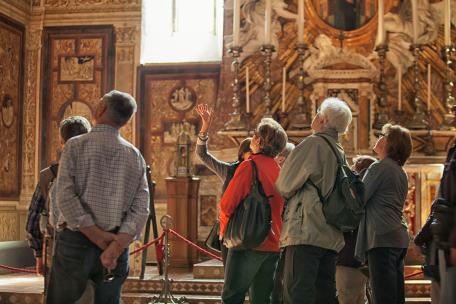






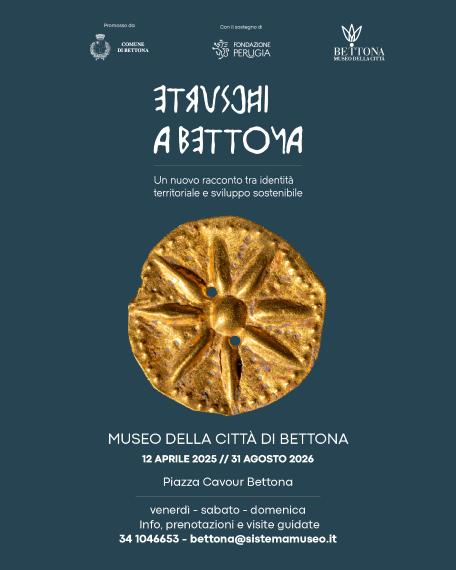
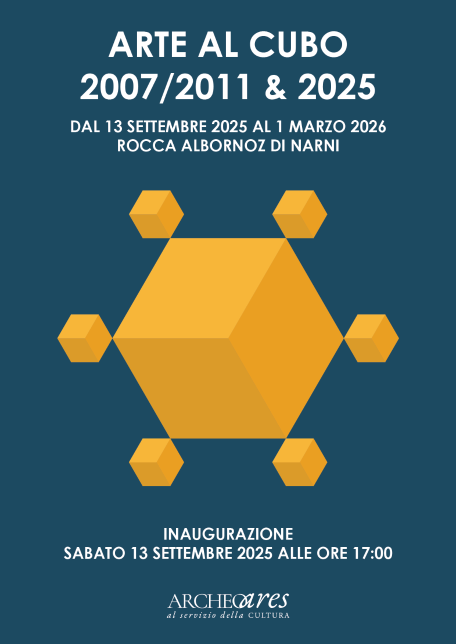

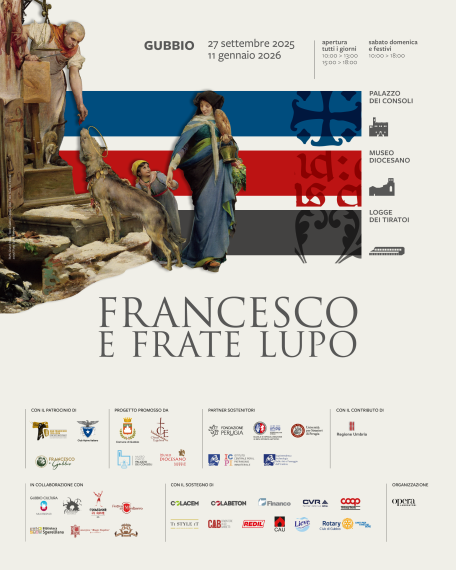
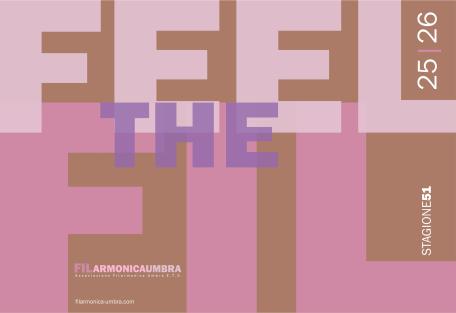
.jpg/e9571273-0e35-1ff2-0713-76c7fd4e3cc5?width=456)




.jpg/1cffbb4a-c833-9c7c-17cd-64ed13184276?width=780)





